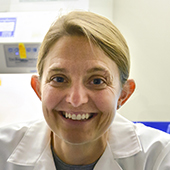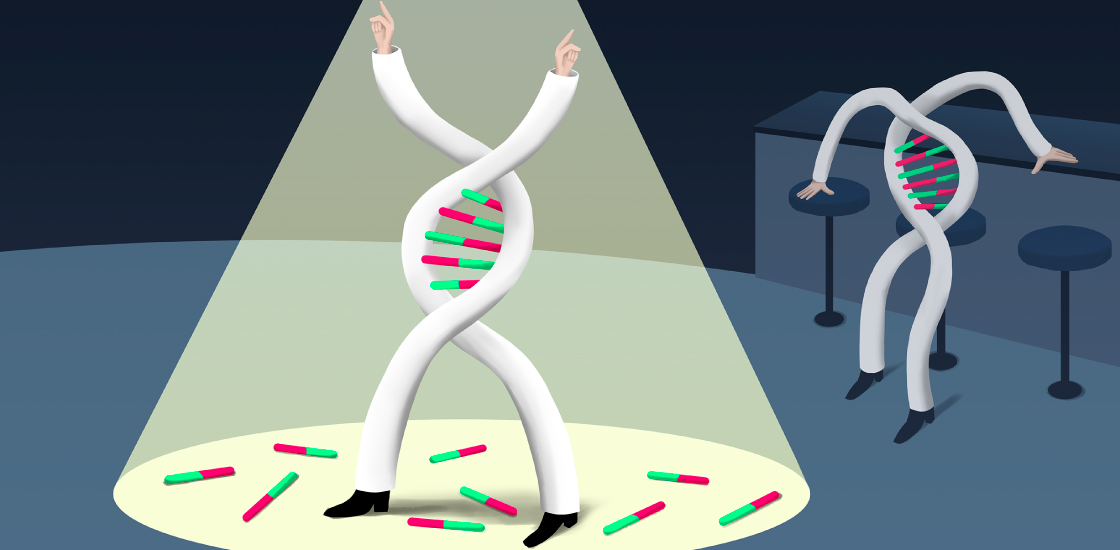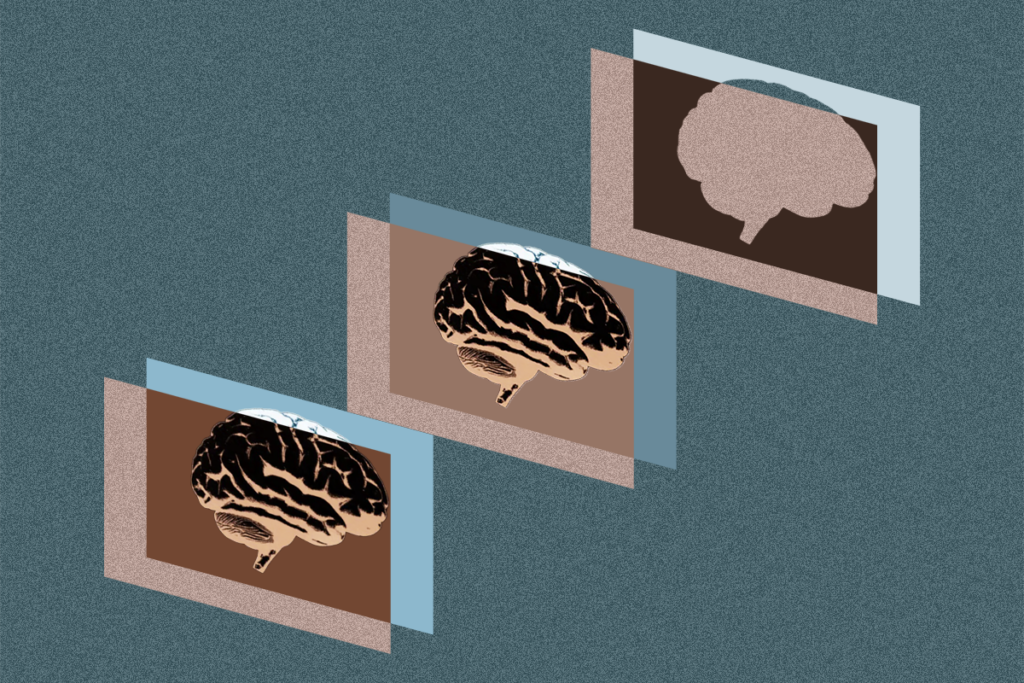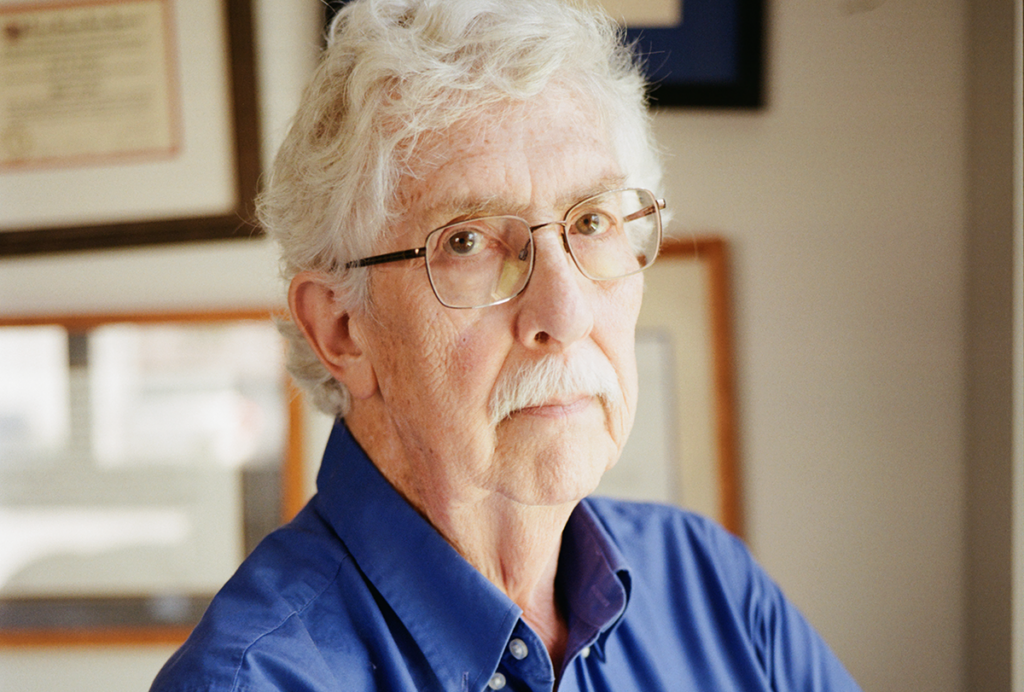Stormy Chamberlain is associate professor of genetics and genome sciences and associate director of the Graduate Program in Genetics and Developmental Biology at the University of Connecticut School of Medicine.

Stormy Chamberlain
Associate professor
University of Connecticut
From this contributor
Angelman syndrome’s silent gene points way forward for autism therapies
Advances in research and help from families have brought scientists to the brink of an effective therapy for Angelman syndrome.

Angelman syndrome’s silent gene points way forward for autism therapies
For accurate results in autism, genetic databases need diversity
We must diversify databases of reference DNA to improve our ability to interpret the consequences of genetic variation.

For accurate results in autism, genetic databases need diversity
Explore more from The Transmitter
Exclusive: Recruitment issues jeopardize ambitious plan for human brain atlas
A lack of six new brain donors may stop the project from meeting its goal to pair molecular and cellular data with the functional organization of the cortex.

Exclusive: Recruitment issues jeopardize ambitious plan for human brain atlas
A lack of six new brain donors may stop the project from meeting its goal to pair molecular and cellular data with the functional organization of the cortex.
How pragmatism and passion drive Fred Volkmar—even after retirement
Whether looking back at his career highlights or forward to his latest projects, the psychiatrist is committed to supporting autistic people at every age.

How pragmatism and passion drive Fred Volkmar—even after retirement
Whether looking back at his career highlights or forward to his latest projects, the psychiatrist is committed to supporting autistic people at every age.
The brain’s quiet conductor: How hidden cells fine-tune arousal
New research published today suggests that the pericoeruleus acts as a kind of micromanager of arousal, selectively inhibiting different subgroups of locus coeruleus neurons depending on the behavioral context.
The brain’s quiet conductor: How hidden cells fine-tune arousal
New research published today suggests that the pericoeruleus acts as a kind of micromanager of arousal, selectively inhibiting different subgroups of locus coeruleus neurons depending on the behavioral context.